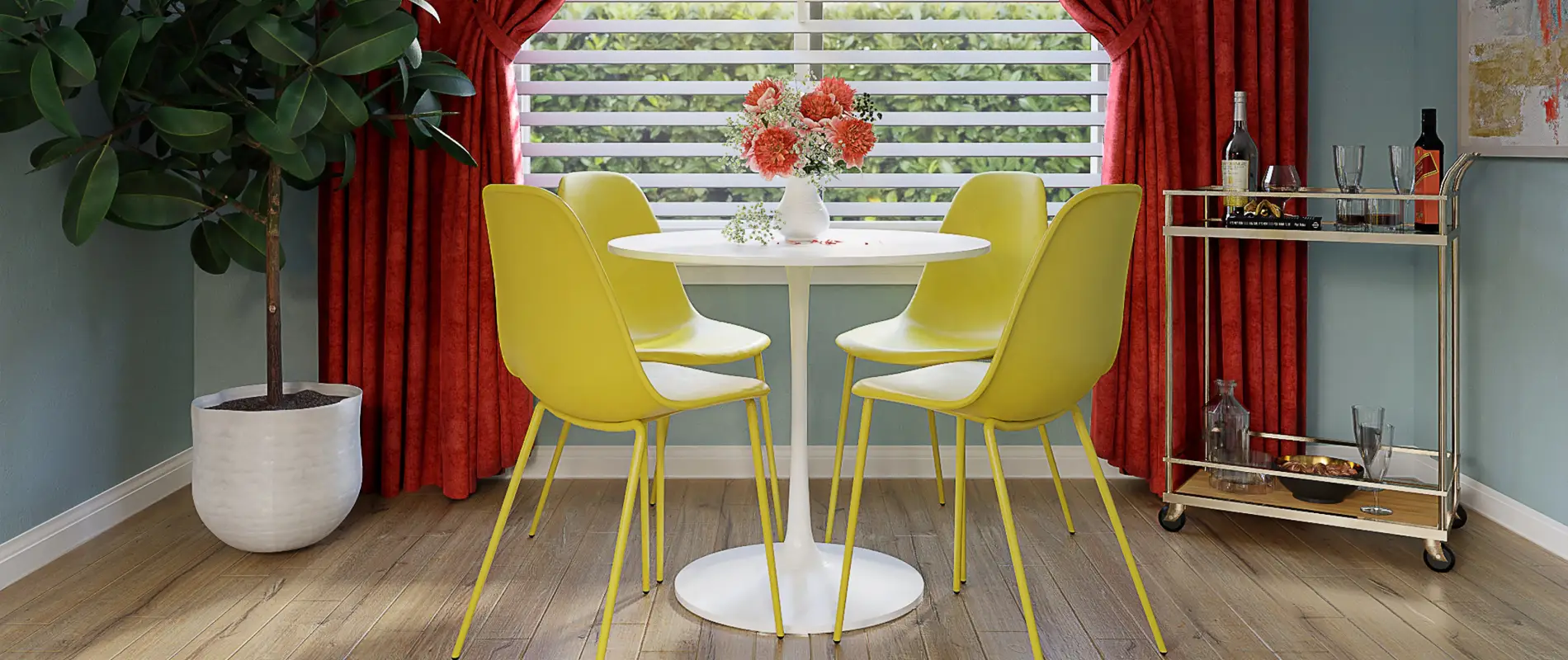Transform your website with our modern footer block design
Give your WordPress website design a facelift by upgrading to a modern, eye-catching footer. An appealing footer isn’t just about aesthetics; it enhances user experience, making navigation a breeze and keeping everything organized. Let’s delve into what makes a WordPress website footer stand out.
Layout overview
Overall structure
This footer features a sophisticated multi-column design that makes the most of your website footer space. It blends functionality with style, ensuring an efficient use of horizontal space.
Arrangement
The footer is conveniently organized into three sections in one row. On the left, you’ll find quick links like “Get directions” and “Book a time.” Meanwhile, the right section houses impactful columns showcasing “Values we live by” and “We do,” along with detailed descriptions to guide users.
Visual dynamics
With primarily symmetrical elements, the footer breaks the monotony with a user icon above the contact number, adding a dash of visual flair.
Key features
- Headers: Clear guides like “Values we live by” promote content flow.
- Textual clarity: Informative text under each header spells out the details seamlessly.
- Interactive buttons: Entice users with clickable icons for direct actions.
- Iconography: Icons create meaning and match themes with innovation and positive change.
- User-friendly interactions: From social media links to engaging buttons, ease navigation.
- Typography: Clean sans-serif fonts promote readability and clear visual hierarchy.
- Sleek graphical elements: Minimalist icons keep the aesthetic modern and neat.
Unique design aspects
Engaging experience
By pairing text with icons, this footer ensures that your site’s interactive elements capture attention and promote engagement.
Interactive elements
Consider adding hover effects to buttons to amplify interactivity, making your website footer even more dynamic.
Responsive layout
This multi-column design adapts to all screen sizes, offering accessibility across devices, which is essential for any responsive design.
Accessibility focus
The clean structure and use of icons make information easily digestible, enhancing usability for all website visitors.
Design style
Modern & minimalist
A commitment to clarity and ease of navigation defines the minimalist design, making it exceptionally user-friendly.
Visual hierarchy
Strategic use of headers and space allows swift attention direction from icons to text, ensuring users find what they need.
Balanced aesthetic
Thoughtful white space is used to eliminate clutter while promoting a tidy, welcoming appearance.
Summary
Transform your site’s footer into a vibrant, engaging space with a modern multi-column design that includes interactive buttons, crisp typography, and meaningful icons. This minimalist style with a well-balanced layout focuses on enhancing user experience, making this footer an essential upgrade for any website. Don’t miss the chance to uplift your site’s functionality and charm – test out this footer design today!
10 use cases for the footer
Contact information accessibility
Ensure visitors can easily reach out by including comprehensive contact details such as phone numbers, email addresses, and a contact form link in your WordPress footer section. This benefits businesses by simplifying communication channels and establishing trust through transparent availability.
Improve navigation
Enhance user experience with well-organized navigation links in your footer. Include important pages like “About Us,” “Services,” and “Contact” to provide visitors with easy access to essential information, ensuring they can explore your site effortlessly.
Showcase values and beliefs
Use the footer to communicate your company’s ethos by highlighting core values or mission statements. This strengthens relationships with visitors who share similar beliefs, fostering brand loyalty and integrity.
Include legal disclaimers
Grant visibility to your website’s legal elements, such as privacy policy, terms and conditions, and cookie policy. Having this information readily available at the bottom of your site reassures visitors about your commitment to legalities and boosts credibility.
Integrate social media
Keep visitors connected by integrating social media icons in the footer area. These links encourage users to engage further with your brand across multiple platforms, reinforcing your online presence.
Promote special offers
Draw attention to active promotions or discounts by including call-to-action buttons or banners within the footer. This drives conversions and engages potential customers directly to ongoing deals.
Subscribe to newsletters
Further engage clients by offering a newsletter subscription option within the footer, cementing long-term relationships by keeping them informed about updates, events, and exclusive content.
Corporate affiliations
Showcase partnerships, sponsorships, or certifications to highlight credibility and enhance brand reputation. Prominently displaying affiliations builds confidence among visitors in your company’s professional networks.
Highlight upcoming events
Encourage attendance at your events by sharing details such as dates, locations, and registration links within your footer. This helps keep users engaged and informed about future company happenings.
Encouraging mobile app downloads
If your business has a mobile app, use the footer to direct users to download pages for different operating systems. Capitalize on mobile traffic by providing easy access to your app directly from your website footer blocks.
5 ways to use the footer
Utilize for SEO efforts
Boost your site’s SEO by including keyword-rich text and strategic internal links within your footer-maximizing opportunities for higher search rankings. These elements contribute to a well-rounded, optimized website footer area.
Engage with blog content
Link to recent blog posts or top articles in your site footer, encouraging visitors to read and engage with your site’s content. This increases page views and establishes your brand’s expertise within specific topics.
Implement customer testimonials
Gain trust by showcasing satisfied customer testimonials, highlighting customer experiences in your footer. Authentic reviews promote positive relationships and expand credibility with potential clients, making your site more persuasive.
Call attention to career opportunities
Expose career prospects by linking to job listings or career pages within your footer. This reaches potential candidates who are interested in joining your company, broadening recruitment potential.
Monitor performance with analytics
Integrate analytics tracking codes in your footer area to monitor user behaviour, giving insight that drives website improvement decisions. Data acquired from these grows your understanding of audience engagement.
Frequently asked questions
What is a footer on a website?
A footer on a website is the bottom-most section, usually containing links, contact information, and other key details for navigation and user engagement.
What is the size of a website footer?
There’s no fixed size; it varies based on design preferences, including essential links, and elements for a custom website footer.
What is the bottom of a website called?
The bottom of a website is referred to as the footer, a vital part of site structure hosting important info and navigation links.
How do I add a footer to my website?
To add a footer, you can modify templates or use a WordPress website builder.
What elements should be included in a website footer?
Key elements in a footer include navigation links, contact details, social media icons, legal disclaimers, and unique content reflecting your mission.
How can I make my website footer responsive?
Use responsive design practices like flexible grids and media queries to ensure your website footer adapts to various devices.
What are some best practices for footer design?
Strive for a clean layout, prioritize content relevance, ensure readability, and use succinct textual and graphical elements for effective footer optimization.
How can I customize my WordPress footer without coding?
You may use theme settings or plugins for WordPress footer edit without delving into code, offering flexibility in design and content placement.




